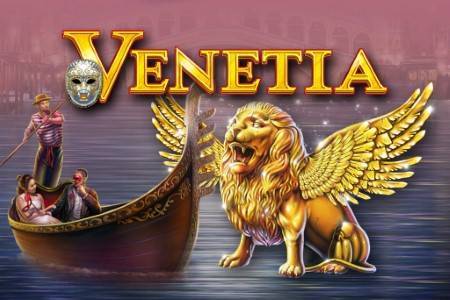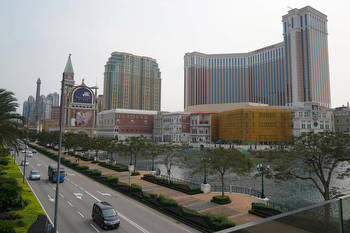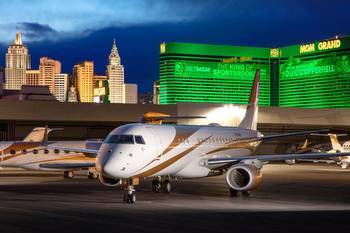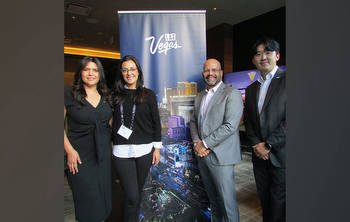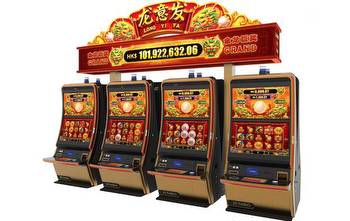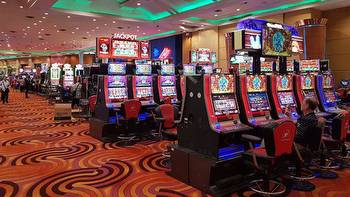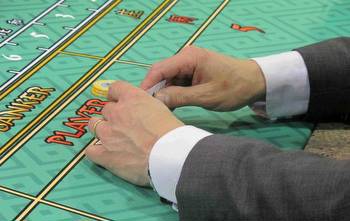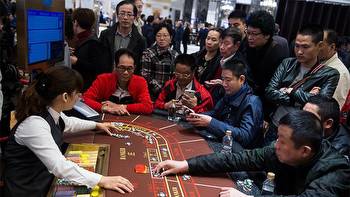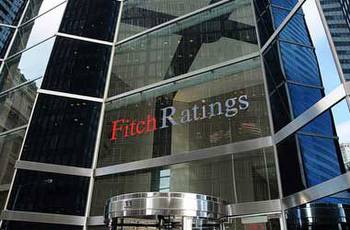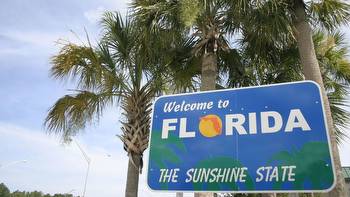APE white paper on metaverse for casino resort marketing

Hong Kong-listed Asia Pioneer Entertainment Holdings Ltd (APE) has issued a “white paper” on the advantages for casino operators in using new-generation 3D digital imaging known as the “metaverse” for consumer marketing. The company has been mainly known as a distributor and technical support provider for third-party casino equipment sold into Macau and other Asia Pacific markets.
In March, Asia Pioneer said it had formed a new unit to develop business related to the metaverse. The latter is a network of virtual worlds presented via 3D imagery (APE example pictured), and focused on social connection. Such technology is already used by retailers and other service providers to offer an alternative to simply either in-person shopping or browsing a service provider’s standard website.
In June, Asia Pioneer launched what it termed a “Mini Macau metaverse experience”, which it says allows people to experience virtually, online, the city’s main tourism attractions. Players can also complete in-game challenges and earn prizes that can be redeemed when they visit Macau, according to the firm.
Asia Pioneer’s newly-issued white paper discusses what it terms its “Resortverse project”, which it said it has been “developing to bring resort and travel destinations into the metaverse”.
The company noted that the Covid-19 pandemic and its disruption to travel and tourism had seen the contraction of traditional sales channels such as office-based travel agents. It added that even online travel agents typically offered little interactive content for consumers.
Resorts and hotels engaged in “post-Covid recovery can no longer rely on traditional channels for business generation,” suggested the document.
Resort operators “need to upgrade their marketing strategies to attract a new generation of direct travellers by upgrading the direct booking experience by adapting to new metaverse experience,” and employing so-called ‘Web 3.0’ strategies, enabling would-be customers to make a virtual tour of the property.
This would help “to get the marketing message out more effectively,” wrote the report’s main authors, Tony Chan, chief financial officer of Asia Pioneer, and Allen Huie, the firm’s chairman and executive director.
Property operators could also use the metaverse to offer consumers points of brand engagement such as video and other games, including the possibility of earning reward ‘points’ for use in the real-life resort.
“Prior to Covid-19… the market for tourist bookings was dominated by online travel agencies which accounted for around 70 percent of all travel bookings,” said the white paper.
“However, online travel agencies are becoming more transaction focused as their websites are very much stuck in Web 2.0 theme.”
It added: “Whereas guests only had photos, text, and reviews to go on before, with the metaverse, users are digitally immersed in a 3D view of resort and facilities. Digital assistants are able to give guided tours and take virtual bookings.”







